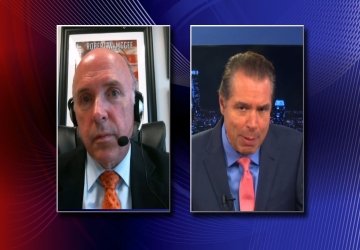

That said, books raise very special privacy issues. That’s probably why the agency thinks it would speed things along to pull out food and books. I do know from a tour I was given of the TSA’s testing facility a few years ago that the scanners highlight items that are especially dense, and items that are organic (since explosives are made of organic, i.e.

It is not clear to me whether books are also regarded as a special threat or whether they are hard for the TSA to distinguish from explosives. Laptops must already be pulled out separately because they are regarded as a heightened threat and can be better examined if they are not scanned in a bag with many other objects. The rationale for the policy change given by Kelly and the TSA is that the imposition of growing fees for checked baggage by the airlines has prompted passengers to more densely pack their carry-ons, and that this has made it harder for screeners to identify particular items amid the jumble of images appearing on their screens. “What we’re doing now is working out the tactics, techniques, and procedures, if you will, in a few airports, to find out exactly how to do that with the least amount of inconvenience to the traveler,” he told Fox News. Tests of the policy are underway in some small airports around the country, and DHS Secretary John Kelly recently said that “we might, and likely will” apply the policy nationwide. Given the sensitivity of our reading choices, this raises privacy concerns. The TSA is testing new requirements that passengers remove books and other paper goods from their carry-on baggage when going through airline security.


 0 kommentar(er)
0 kommentar(er)
